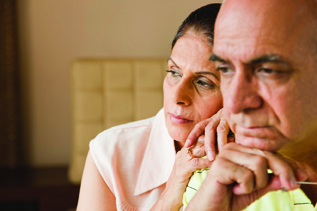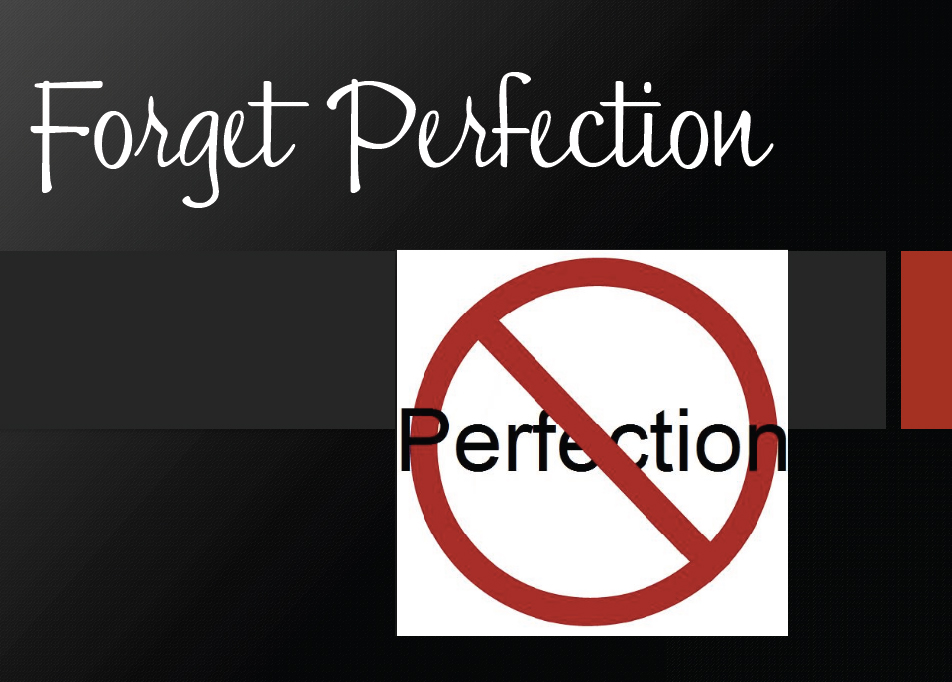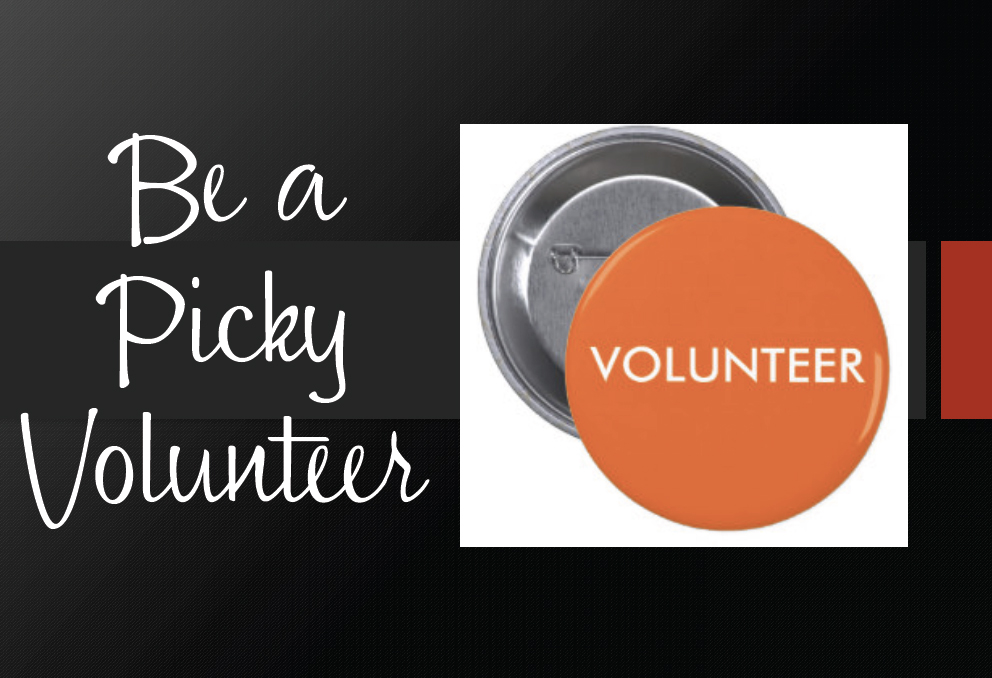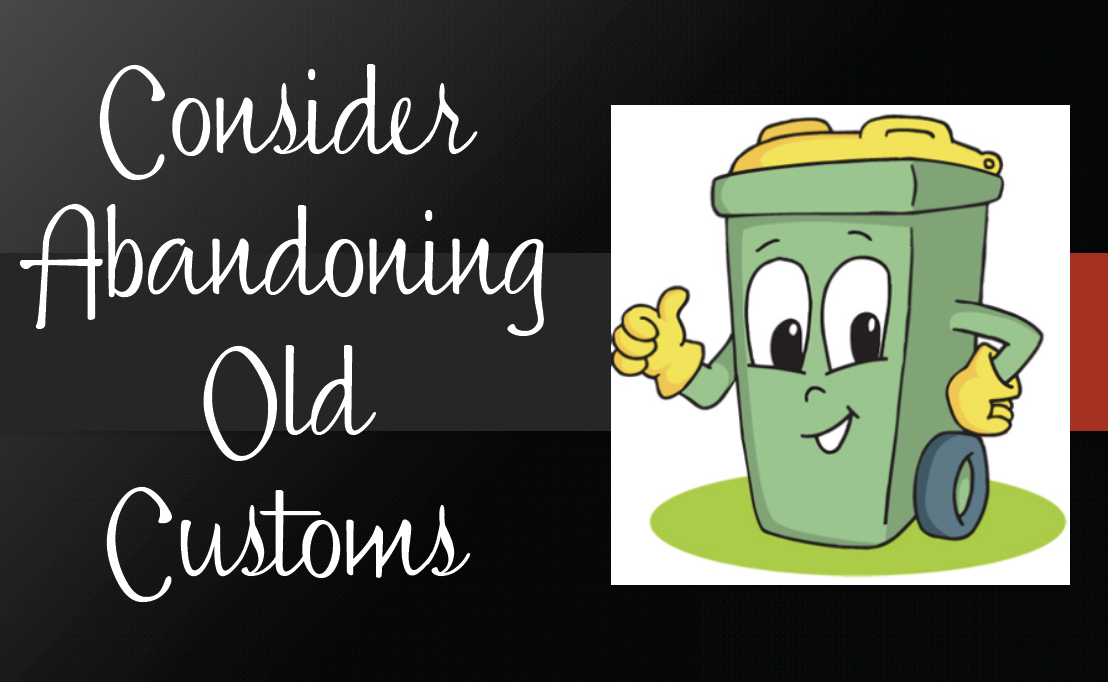There are so many things to keep in mind when getting advice regarding mental health or addiction from your religious clergy or anyone for that matter. 
- People mean well. We look for advice from people we trust and know have our best interest in mind. Does that mean their guidance is correct? No, not necessarily.
- Follow your gut. If your instincts tell you to do something, pay attention. The more we pay attention to our “gut” the more in tune we will be. The less attention we pay, we may lose our instincts all together.
- Consider the source. Regarding issues of depression and addiction, look to a professional who has schooling in these fields for advice. If religious clergy do not have training in diagnosing or treating addiction or depression they should be referring these problems out to mental health professionals.
- Guilt never works. Hearing and internalizing that you are not dedicated enough or under-utilizing your religious practices usually adds to discouragement...and addiction…and depression. Instead of sitting with guilt, spend your energy looking for other resources and solutions.
- Assess religious practices. Practicing your religion through fasting, prayer, church attendance, and scripture reading can be beneficial practices. If they work for you, keep it up. If these practices cause you anxiety and stress, consider understanding why, taking a break, or discontinuing them.
- Avoid “Insanity”. Albert Einstein defined insanity as “doing the same thing over and over again and expecting different results”. If you have a behavior pattern that you have not been able to change month after month, year after year, consider a different approach. If every time you seek advice from a particular individual and you always feel “horrible” afterward, look for another resource for advice.
- Seek professional help. There are a lot of reasons why people struggle with depression and addictions. Mental illness, genetic predisposition, brain chemistry, lack of understanding of how to cope with stress and difficult emotions, and covering up painful memories are some of the reasons. To say “all the answers lie within our religion” is misguiding individuals from getting all the help they deserve. Find a mental health professional to help you find the root of these issues and work on resolving them.

If you'd like to talk - please give me a call.
Florie Jackson, LCSW
801-455-7985
4505 S. Wasatch Blvd. Suite #330B
Holladay, UT 84124












